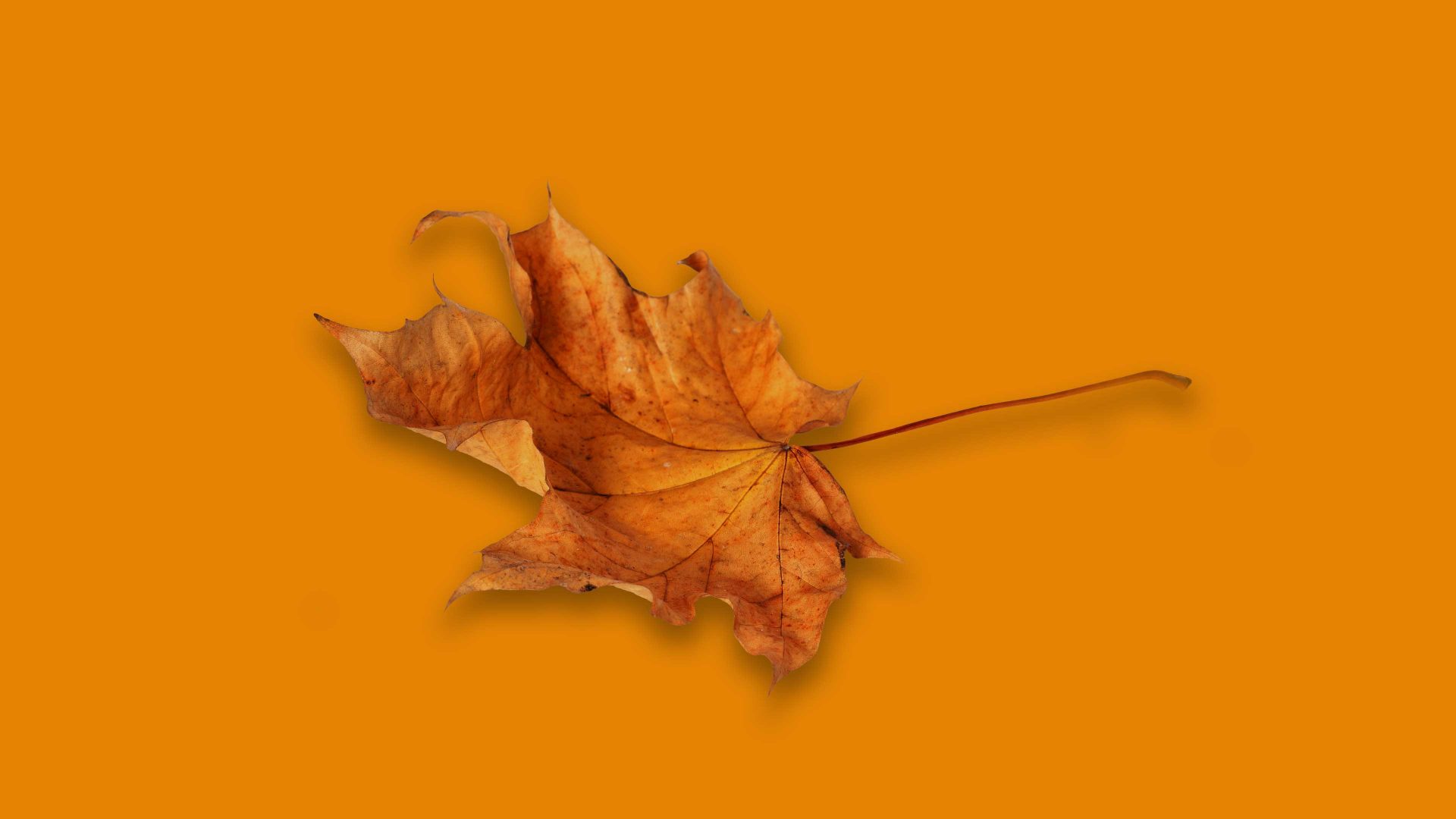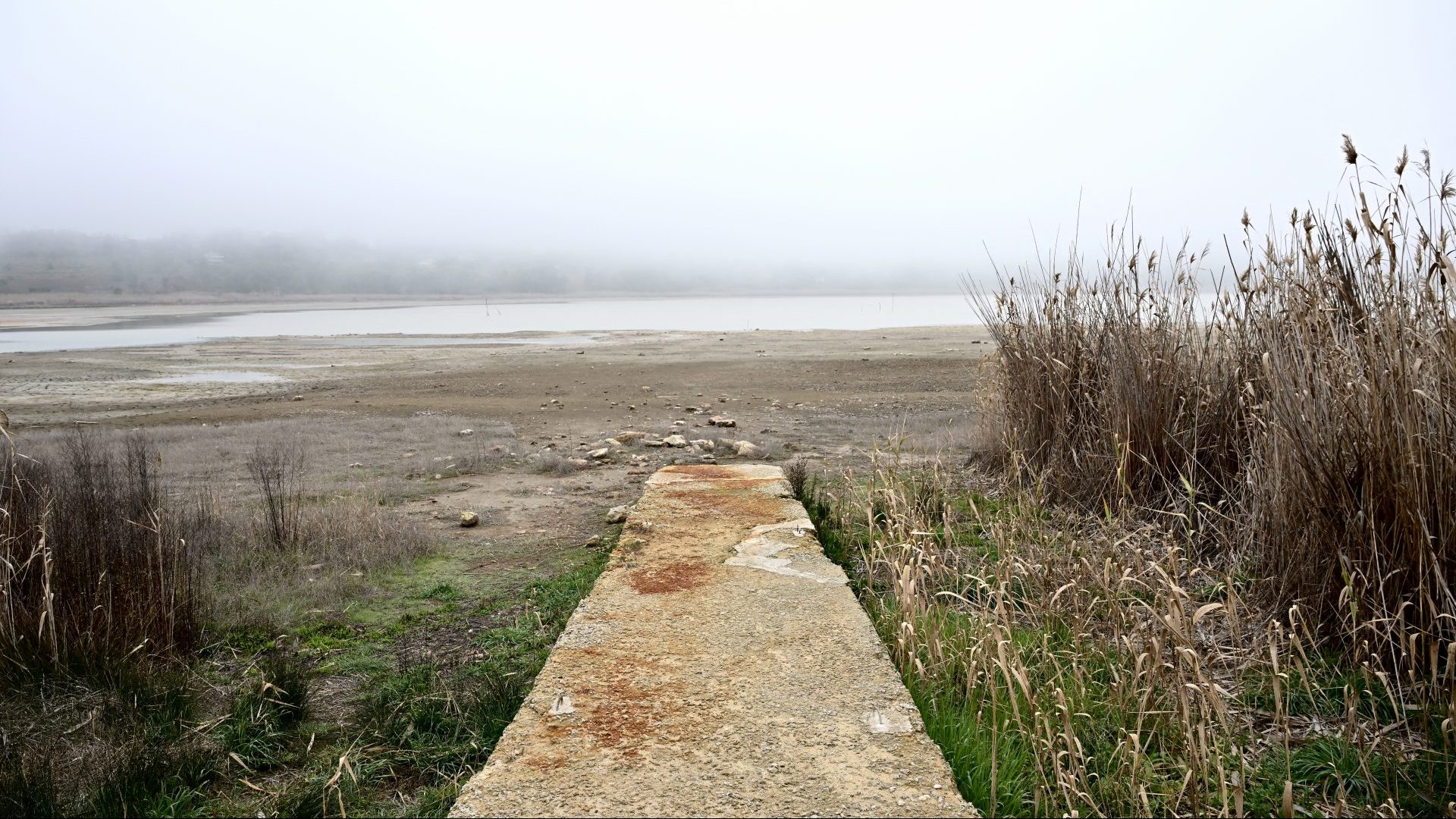Some borders are vague. Philosophers have worried for millennia about how many grains of sand make a heap or precisely when a man becomes bald.
We have these terms, and many others like them, such as “tall”, “short”, “young” and “old”, and we generally know when a heap of sand really is a heap rather than just a few grains, and when someone is bald, tall, short, young, or old.
Yet no single grain of sand or strand of hair could really make the difference between being a heap or not a heap, bald or not yet bald. Or so it seems.
This generates a paradox known as the Sorites Paradox – the name comes from the Greek soros meaning “heap”. It was first discussed by Eubulides, a contemporary of Aristotle, in the 4th Century BCE.
The paradox is sometimes put in this form. One grain of sand doesn’t make a heap, and two grains don’t. Go on adding grains of sand one by one, and you won’t suddenly get a heap by adding one tiny grain. Yet a million grains of sand do make a heap, so there must be a point when one grain of sand does make a difference.
Autumn is a bit like this. We have an official start date. This is as late as September 22 according to the Met Office, a date based on the Earth’s position as it orbits the sun. Astronomical autumn begins on the equinox, the day when night and day are of equal length.
But there’s another official start date too: meteorological autumn is based on the division of the year into four three-month seasons and begins on September 1. On that basis we’re either officially nearly two weeks into autumn or still waiting for it to start.
Subjectively though, autumn doesn’t have a precise beginning. It’s one of those fuzzy concepts. As summer wanes, there are colder mornings, leaves begin to turn, birds migrate, the evening sunlight has a different quality. There are days when the sun doesn’t break through the clouds, and drizzle runs down the window panes.
But just as Aristotle pointed out that one swallow doesn’t make a summer, so one misty morning doesn’t make an autumn. We might get a few more days of sunshine yet, late vestiges of summer.
Yet then, suddenly, we’ll find ourselves in autumn. And once we’re there there’ll be no going back. It’s onward to winter.
Autumn works very well as a metaphor for ageing, partly because of this vagueness about precisely when it kicks in.
There is a point in most people’s lives when they are visibly growing old. Perhaps this happens at 60 or a bit earlier. They have matured. Their bodies show signs of slowing down.
They are often at their most successful, their careers have reached mellow fruitfulness, but they are starting to think about how they will move into the next phase of their life, perhaps reducing their workload or even retiring, travelling or spending more time with friends, children, and grandchildren. Winter lies far ahead; spring will be for the next generation. At most, they can hope for 20 or so years of independent living before winter sets in.
Not everyone likes this metaphor. Some don’t want to acknowledge the changing seasons of their lives. There is a narrative often identified with a sunny Californian spirit in which growing older is a state of mind that has to be defied.
There are people who think they can halt or even reverse the ageing process with diet, drugs, exercise and surgery. They hope to set themselves apart from the changing seasons of life. They’ll pay huge sums to people who tell them their eternal summer need not fade. That is mostly wishful thinking. Anti-ageing snake oil has a long history.
Perhaps for such longevity-seekers autumn will be postponed a little by their elixirs, fasting, and workout regimes. It will, however, certainly arrive. That’s inevitable. As will winter’s chill. Let’s celebrate rather than deny that.
The longevity-seekers are right about one thing though. Growing old doesn’t have a precise start date. It’s like the subjective sense of autumn. You’re not suddenly old because you’re 60, 65, or 70. It all depends on how the seasons are changing for you. That’s the result of genetics, lifestyle, psychological factors, events beyond your control.
But unless you die young, your autumn will come. It can, though, be the most beautiful season of all – if you’re lucky.



